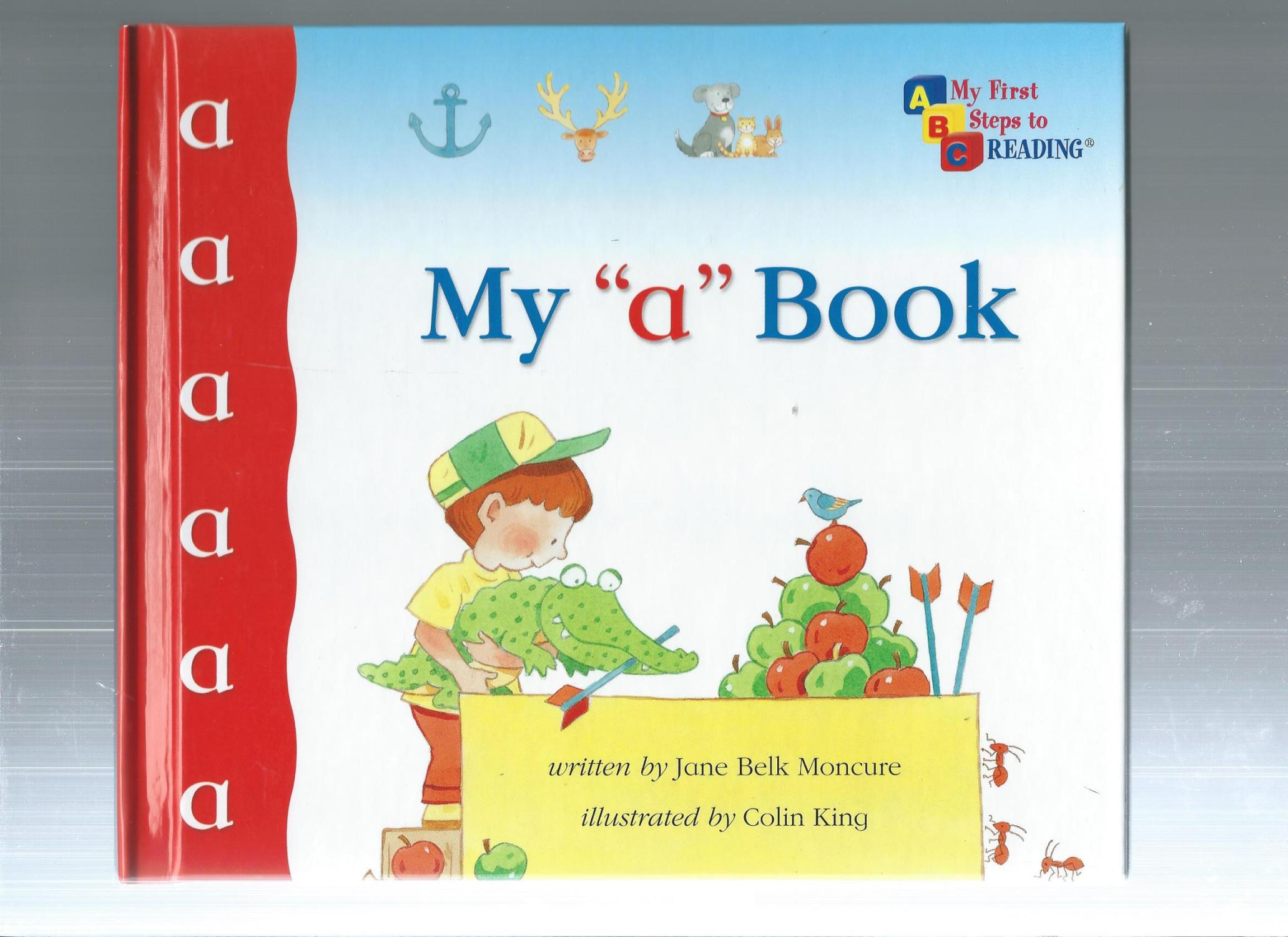

The more interesting and relevant we find a book, the more likely we are to remember its contents in the future.įor older books or those that have been translated, check which version is considered to be the best. Focus on some combination of books that: (1) stand the test of time (2) pique your interest or (3) resonate with your current situation. In fact, there’s an advantage to be gained from reading things other people are not reading. This isn’t school and there are no required reading lists. We don’t have to read bestsellers, or classics, or books everyone else raves about. There are no rules when it comes to choosing books. What you do before you read matters way more than you think. Which is why the plot of every book ever can be boiled down to ‘someone is looking for something’.” - Matt Haig, Reasons to Stay AliveĪ lot of success in reading boils down to preparation. And books themselves seemed to reflect this idea. But each map was incomplete, and I would only locate the treasure if I read all the books, and so the process of finding my best self was an endless quest. “Every time I read a great book I felt I was reading a kind of map, a treasure map, and the treasure I was being directed to was in actual fact myself.
My first steps to reading bookz how to#
In this article, we will show you how to get maximum benefit from every single page you read.įirst, let’s clear up some common misconceptions about reading. To get the most out of each book we read it is vital to have a plan for recording, reflecting on, and putting into action the conclusions we draw from the information we consume. While we might spend a lot of time reading and consuming information, few of us consciously improve the effectiveness of our reading. Having a deliberate strategy to get better at anything we spend a lot of time on is a sensible approach. No matter how long it has been since we set foot in a classroom, we all probably remember Animal Farm. We actively read them complete with class discussions where we took turns reading parts aloud, acted out scenes, or maybe even watched film adaptations. Why? Well for one, we didn’t just passively read those books. Even if the details are fuzzy, we can doubtless recall the basic plots, main characters, notable themes, and motifs. Despite the passage of time, most us remember a lot about them. Think back to the books you studied in school.

Active readers have another advantage: The more they read the faster they read.

Active readers make better decisions because they know how to get the world to do the bulk of the work for them. Active readers learn to differentiate good arguments and structures from bad ones. They develop a latticework of mental models to hang ideas on, further increasing retention. The more that active readers read, the better they get. If you’re an active reader, however, things are different. Another difference between these two types of readers is how the quantity of reading affects them differently. Passive readers who read a lot are not much further ahead than passive readers who read a little. Active readers, on the other hand, retain the bulk of what they read. Passive readers forget things almost as quickly as they read them. “I cannot remember the books I have read any more than the meals I have eaten even so, they have made me.” - Ralph Waldo Emerson Active Vs. Good reading habits not only help you read more but help you read better. Why is it that some people seem to be able to read a book once and remember every detail of it for life, while others struggle to recall even the title a few days after putting down a book?


 0 kommentar(er)
0 kommentar(er)
